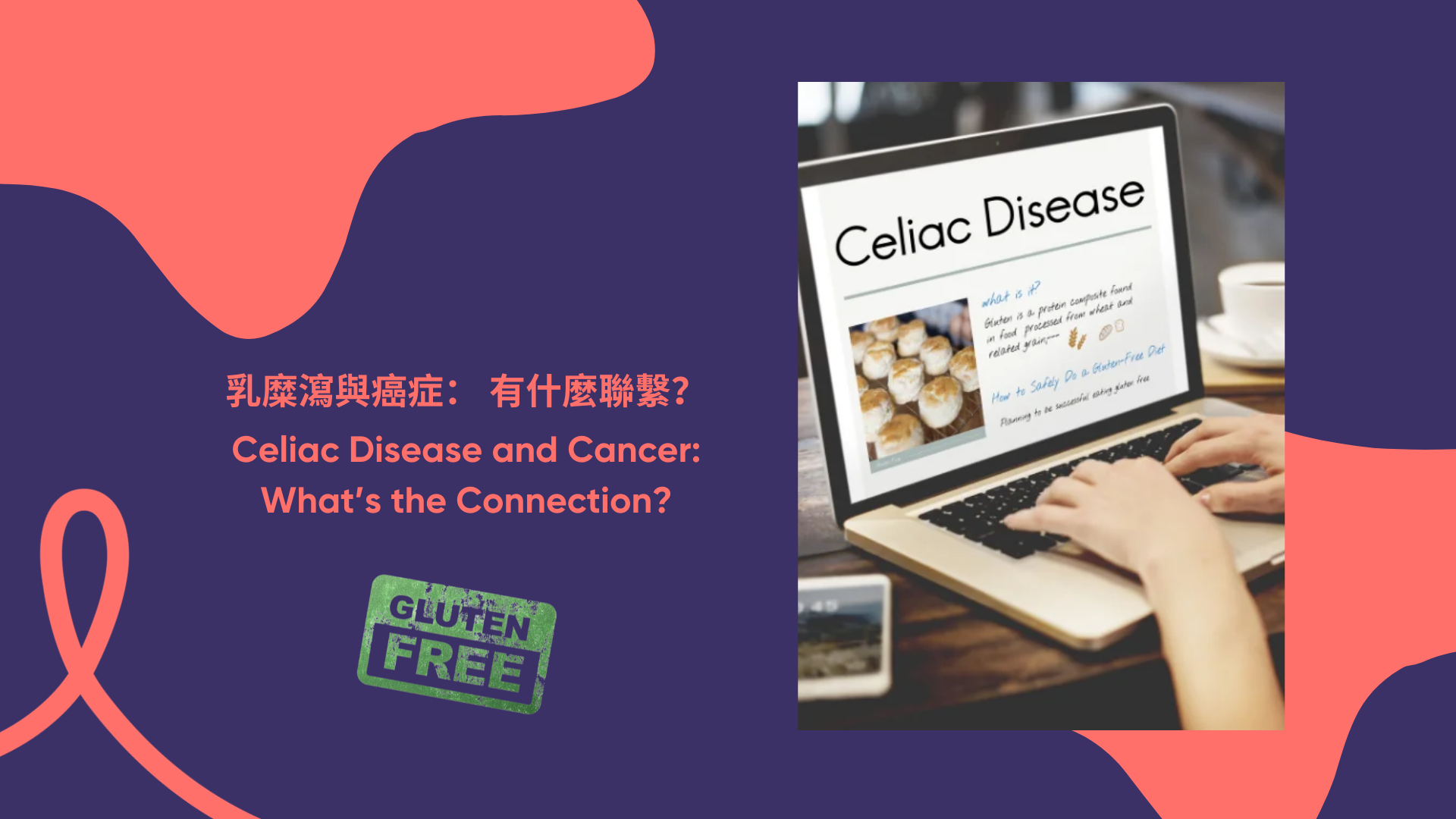Celiac disease is an immune reaction triggered by consuming gluten, a protein found in wheat, barley, and rye. Research indicates that individuals with celiac disease have a higher risk of developing three types of cancer.
WHO IS AFFECTED BY CELIAC DISEASE?
Celiac disease is a serious genetic autoimmune disorder that damages the small intestine and impairs nutrient absorption. It can affect both children and adults, with symptoms varying by age.
Common Symptoms in Adults with Celiac Disease:
- Digestive issues: Diarrhea, bloating, gas, nausea, vomiting, constipation, and abdominal pain
- Nutritional deficiencies: Anemia, weight loss, and loss of bone density
- Skin and oral symptoms: Rashes and mouth ulcers
- General discomfort: Fatigue, headaches, and joint pain
Children are more likely than adults to suffer from digestive issues, such as:
- Nausea
- Vomiting
- Chronic diarrhea
- Swollen belly
- Constipation
- Gas
- Pale, foul-smelling stools
The inability to absorb nutrients due to celiac disease can lead to long- term health complications, such as:
- Failure to thrive in infants
- Tooth enamel damage
- Weight loss
- Anemia
- Delayed puberty
- Neurological symptoms
WHAT IS THE LINK BETWEEN CELIAC DISEASE AND CANCER?
Research has identified three types of cancer associated with celiac disease:’
- Enteropathy-associated T-cell lymphoma (EATL)
- Non-Hodgkin’s lymphoma
- Adenocarcinoma of the small intestine
Although celiac disease does not directly cause cancers, people with the condition have a higher risk, especially for lymphoma. Studies show that individuals with celiac disease are slightly
more likely to develop lymphoma than the general population. The risk varies, but those with more severe intestinal damage are at a higher risk.
Following a strict gluten-free diet is essential for reducing inflammation and lowering the risk of complications, including cancer. This helps protect the intestine and reduces cancer risk. Thankfully, more restaurants and food bloggers now offer gluten-free options, making it easier to enjoy classic meals without gluten. Even if you don’t have celiac disease, try making some tasty, gluten-free, plant-based brownies – you might not even notice the difference!




